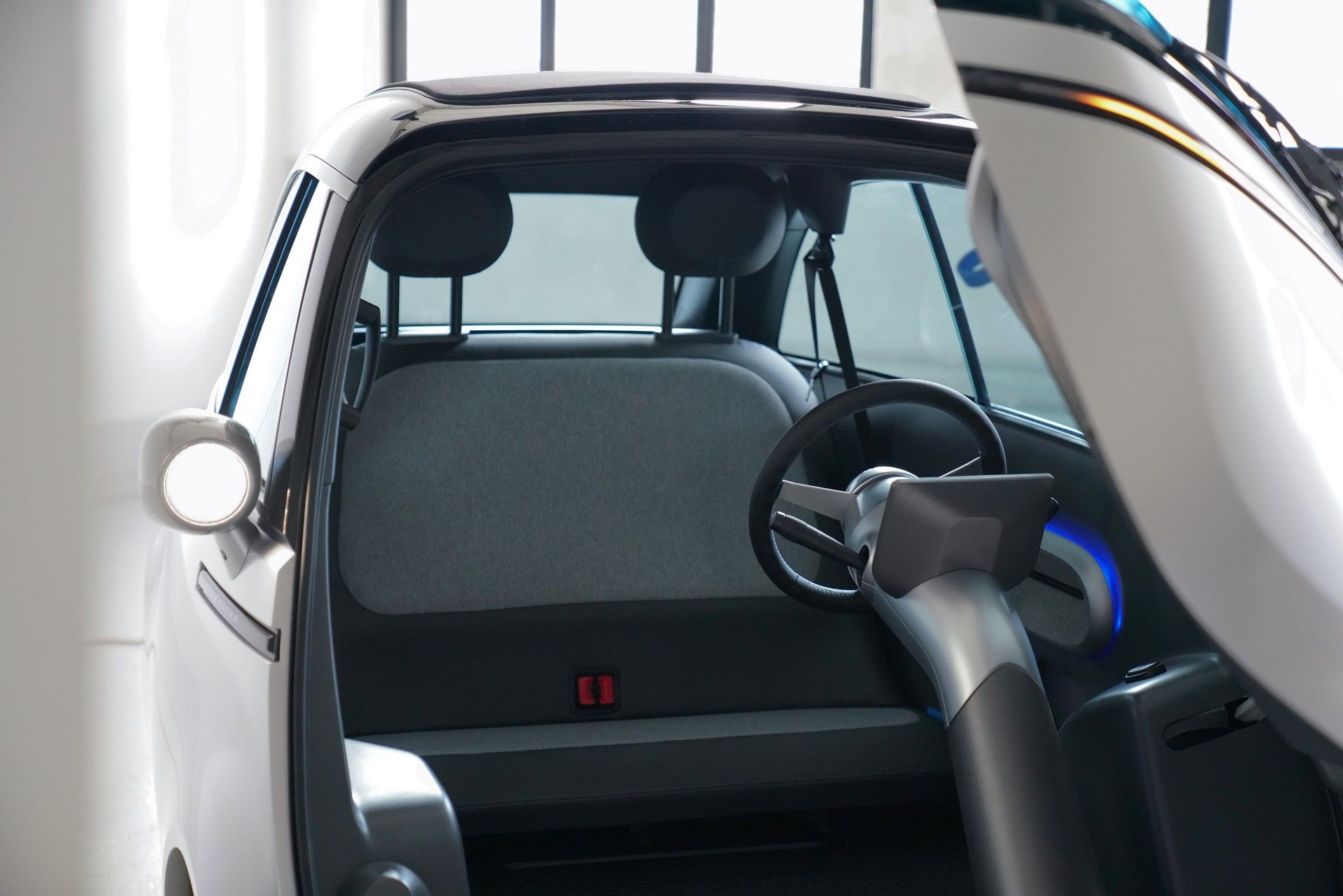Read The Full Article On: Spendmatters
For the buyers and category managers out there, especially those of you deep in the weeds of buying and managing commodities, here’s a quick rundown of news and thoughts from particular commodity markets, including the aluminum’s industry’s effort to transition to greener production processes, electric vehicle developments in Europe and more.
MetalMiner, a sister site of ours, scours the landscape for what matters. This week:
Aluminum industry looks to get greener
Firms across various sectors are making great efforts to publicize steps taken toward more environmentally friendly processes.
The sincerity and scope of these efforts is, of course, a matter worthy of scrutiny (particularly for the most cynical among us).
However, in the aluminum industry, one thing is clear: being “green” is becoming a more and more appealing thing, even if just for the sake of branding in the global marketplace.
MetalMiner’s Stuart Burns this week touched on efforts to transition to lower-carbon aluminum production by the UAE’s Emirates Global Aluminium and Russia’s Rusal.
Rusal has migrated all of its old coal-fired power sources to hydro power, Burns noted.
“Such low-carbon aluminum products — from hydro or solar — are not carbon-free,” he added. “They still contain a carbon load from other parts of the production process, like carbon anode consumption.”
However, as Burns noted, the carbon content from the aforementioned processes is vastly lower than aluminum production from coal.
Nickel market dynamics
Elsewhere, Burns took a deep dive into the counterintuitive dynamics at play in the global nickel market.
“Stainless steel producers have been caught in a pincer movement over the last year of rising nickel prices but falling demand,” he wrote.
“It is a counterintuitive situation until you factor in China’s stainless production. Chinese output rose by 4% in the third quarter of last year compared to the rest of the world, which fell by 9%. The disconnect between China and the rest of the world is driving a complex dynamic in the nickel market.”
For now, stainless steel remains the primary driver of nickel demand.
“Despite the hype around electrification and battery demand, the stainless industry remains the primary driver of nickel consumption,” he added.
“Nickel sulphate is used in battery production. China’s imports of nickel sulphate are up an impressive 30%. Total imports, however, were still only a modest 5,600 tons last year.”
Indonesian nickel supply
Speaking of nickel, electric vehicle manufacturers are looking to secure supply in Indonesia.
Among the firms battling for supply are Tesla, China’s CATL and South Korea’s LG Chem, MetalMiner contributor Sohrab Darabshaw noted.
Darabshaw cited a Reuters report, which quoted an Indonesian government official who said Tesla had sent the country an investment proposal.
“Since early last year, Tesla has been courting Indonesia because for the value of its strategic commodities, including nickel,” Darabshaw noted. “Nickel is a critical metal used in batteries for EVs due to its properties enabling mass energy storage capabilities. Furthermore, nickel reduces the overall cost of batteries by limiting the amount of cobalt required.
“Tesla seems to have come back to the Indonesian government with a reworked proposal to the one it had submitted in May 2020. The latter had shown reluctance in just signing a raw material supply agreement.”
Rare earths’ chess game
In other supply battles, rare earths supply could get trickier for companies around the world.
China, which controls a majority of the world’s rare earths processing, is considering new export controls for rare earths.
“Rare earths industry executives made unofficial statements indicating Chinese government officials had asked them how badly companies in the US and Europe, including defense contractors, would be affected if China restricted rare earth exports during a bilateral dispute,” Burns wrote.
“The conversations should be seen against the backdrop of moves last month by the Ministry of Industry and Information Technology.
“The ministry proposed draft controls on the production and export of 17 rare earth minerals from China. Although China doesn’t control the world supply of mined ores, it does dominate the refining into useable salts and metals, controlling about 80% of global supply.”
While not exactly rare, rare earths are critical for a wide variety of high-tech capacities. Rare earths go into military applications, renewable energy installations and consumer electronics, to name a few end uses.
Rare earths supply chain vulnerability has long been a subject of angst for the US.
“The Pentagon in not blind to the perilous state of the supply chain,” Burns added. “As the Financial Times reported, the Pentagon has become increasingly concerned about the US reliance on a supply source it views as coming from a foe rather than a partner.
“Ellen Lord, the top defense official for acquisitions until last year, told Congress in October that the US needed to create stockpiles of certain rare earths and reestablish domestic processing, the Financial Times reported.”
ArcelorMittal output down 20.5% in 2020
Steelmaking giant ArcelorMittal reported its crude steel production fell 20.5% in 2020 compared with the previous year.
However, recovering demand as the year progressed boosted output. Output in Q4 2020 rose by over 15% compared with the previous quarter.
Ford announces major electric vehicle investment
Ford Motor Co. announced plans to invest $1 billion to upgrade its Cologne plant for the manufacture of electric vehicles.
“The transformation of Ford is happening and so is our leadership of the EV revolution and development of autonomous driving,” Ford President and CEO Jim Farley said in a release Feb. 4.
Ford said it intends for 100% of its passenger vehicle range in Europe to be zero-emissions capable, all-electric or plug-in hybrid by 2026.
The Cologne investment would transform the plant into Ford’s first EV manufacturing plant in Europe.
Elsewhere in Europe, last week we touched on Daimler’s intention to spin off its truck division.

